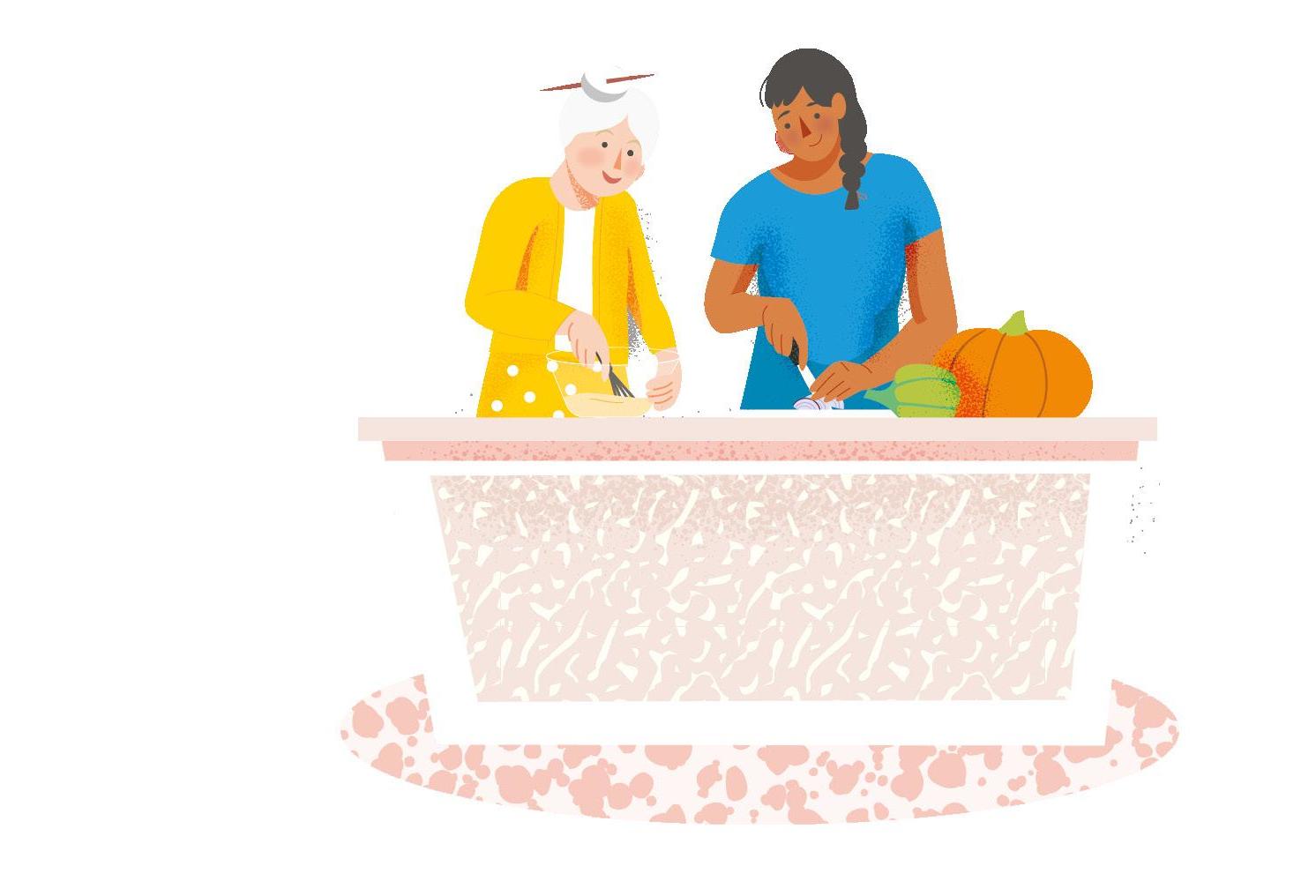
1 minute read
Physical activity and balance exercises
Balance is a complex skill that requires coordination between our brain and the information we receive from our sensory systems. Good balance is often taken for granted. As we age it may start to seem harder to step from a footpath onto grass, getting out of bed without stumbling or get up from a chair quickly to answer the phone. Research has shown that engaging in 150 minutes a week of moderate intensity exercise is important for your health. Exercises that focus on balance and strength are vital to prevent falls and should be included in your daily routine. The next section of this booklet provides some basic exercises that can assist you to improve these two areas.
Precaution
Only perform these exercises if you’re able to do so safely. A referral to an allied health professional, such as a physiotherapist or exercise physiologist is recommended if you feel unsteady or unsafe. A physiotherapist can also advise about whether a walking aid such as a walking stick would be appropriate.
If you experience any of the following during the exercises you should cease exercise and seek medical help:
• Chest pain • Dizziness
• Severe shortness of breath
• Significant change in muscle and joint pain • Any other severe symptoms
You may experience some muscle soreness at first, or if you do a lot of the exercises. This is a natural process that allows muscles to repair and rebuild to be stronger. This feeling is completely normally and may peak up to 48 hours after. The more regularly you exercise the less likely you will experience muscle soreness. You should also ensure that you exercise in an area that is level and clear of any hazards or obstructions.







